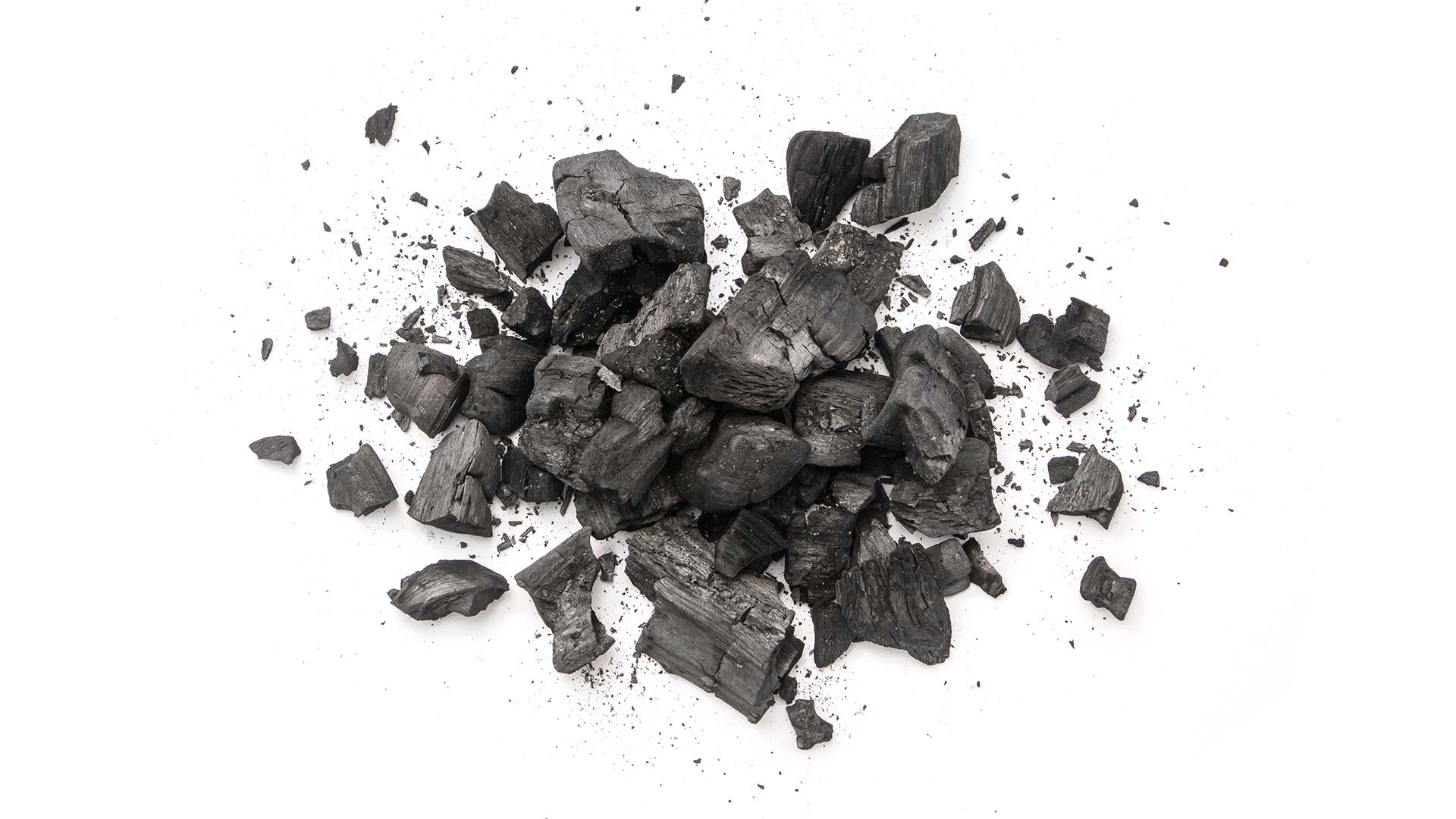Over 1,300 people from 68 countries joined our final FinBiz2030 event of the year: Making Cop26 Count hosted in partnership with the Institute of Chartered Accountants Scotland, reflecting on the outcomes of COP26. A diverse panel of speakers came together to share how they are taking action to mitigate the climate crisis and to ensure the transition to an environmentally sustainable economy doesn’t leave people behind.
Key insights from the ‘Making COP26 Count’ global debate

The event was moderated by David Nussbaum, Senior Independent Director of Drax Group, Board Member of the Value Reporting Foundation, former CEO of The Elders, ICAS member.
Opening the event, David reflected on the outcomes of COP26, “So, what are we to make of COP26? Well my own sense is that we might react to the overall outcome much as my parents might have reacted to some of my school reports. You know, not as good as we hoped but a lot better than it might have been!”
David was joined by four panelists, each with a different background and perspective on climate action.
Speaking from Glasgow Claire Martin (CA, Associate Director at Grant Thornton, One Young World Ambassador) spoke from the perspective of a Chartered Accountant in an advisory role working with clients in the energy sector, particularly renewable energy.
“The recent Chartered Accountants Worldwide survey referenced just 16% thought their organisation was on track to achieve Net Zero by 2030 so there’s still a long way to go” she said.
Claire highlighted the positive corporate buy-in at COP but warned how this will impact supply chains. “Businesses will expect their suppliers to embed net zero goals into their own business plans. So, management teams in those supply chains will need to be in the mindset of a ‘post COP Net Zero’ world now.”
Live from rural Queensland Australia Sarah Becker (FCA, Managing Director of Becker and Co Rural Australia) painted a picture of where she is based – in the beef capital of Australia, close to the Great Barrier Reef and also close to the world’s largest coal reserve.
Sarah opened by asking what do words like ‘sustainability crises and ‘resilience’ really mean? “The way forward doesn’t just involve finding solutions for cities but also considering the rural regional areas. We are trying to reverse the industrial revolution that has given us luxuries for some (although not all). There is too much focus on blaming fossil fuels and not enough focus on where the demand for these fossil fuels has come from, which I believe is urbanisation. Has anyone asked what damage urbanisation has done to the environment?”
“I believe we are on our way to being sustainable and resilient and we all have an important role to play” she said.
Mavis Mainu (Executive Assistant at Climate Analytics, Co-founder Oak Foundation Ghana) spoke about her experience at COP26 and on the progress (or lack of) that was made around adaptation and climate finance, highlighting “there are going to be losers and winners of the transition and there are those that are impacted more and others that are impacted less”.
Mavis spoke about the biggest challenge for her organisation and throughout the developing world, climate finance. “In general globally, finance has been heavily skewed towards mitigation. So that means there is more money going into mitigation actions at the expense of adaptation, . There is about 80% of the climate finance going into mitigation and just 20% going into adaptation” she said.
Mavis says one of the ‘wins’ of COP26 was “the call for the doubling of adaptation finance, which is clear and the call for developed countries to meet their climate finance pledges.
Based in London Wen-Yu Weng (Senior Energy Transition Consultant, FTI Consulting and One Young World Ambassador) spoke about her switch from studying medicine to education in the area of climate change. She made the observation that “the issue that we face for climate change is fundamentally not just one of technology or innovation. Climate change is fundamentally an issue about education and awareness, our inability to coordinate, our inability to be clear, our inability to imagine bigger,” she said.
“We need to start to talk about just transition, the same way we talk about climate change. We have climate change targets, we have net zero targets, why do we not have just transition targets? This is what we need to move towards so that countries aren’t just focused on doing good but doing good in a fair way.” said Wen-Yu.
Closing the event, David highlighted the importance of Chartered Accountants and finance professionals, “We’ve seen how chartered accounts are at the heart of this process and we need to bring that professional informed, passionate but objective perspective to the debates and decisions that businesses and people have to make about tackling climate change.”
“Now of course it’s over to you to work out what you’re going to do to take this crucial agenda forward” he said closing the event.












